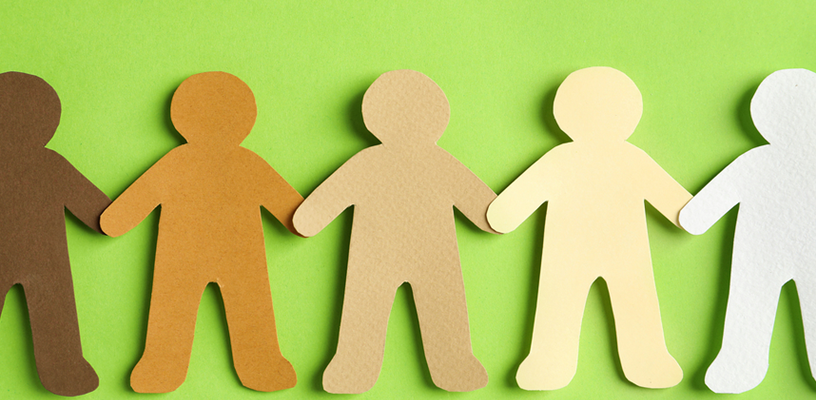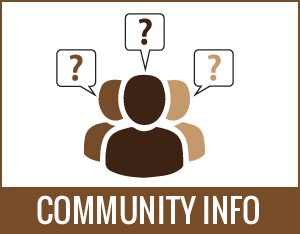
- By Stepping Up
- Posted Thursday, October 17, 2019
Global Peer Support Celebration Day honors those who help with recovery
Global Peer Support Celebration Day is Thursday, Oct. 17, and is a day to recognize the important role peer support specialists play in the recovery process.
Peer support specialists, also known as peer supporters, help their peers who are struggling with mental health, addiction, and or trauma-related challenges move along the continuum of recovery and inclusion into the community.
Peer supporters are individuals with “lived experience.” They act as role models who share wisdom and experiential knowledge they gained during their own road to recovery. They use their personal experiences to provide support to their peers by empowering them to make informed decisions about their personal lives, treatment options, and how to reach their goals. Peer support fosters trust in populations that otherwise may be alienated from, or have poor access to, mental health and addiction services.
Peer supporters work in a variety of venues, including clinics, hospitals, nursing homes, treatment facilities, government agencies and correctional facilities. Research shows that peer supporters have a transformative effect on the peers they serve, other mental health providers, and the mental health systems that employ them.
According to Mental Health America and Peers for Progress, peer support is a “critical and effective strategy” for ongoing physical, mental, and addiction healthcare, and a proven approach for sustained behavior change for persons with these disorders, and for people with chronic diseases and other conditions.






